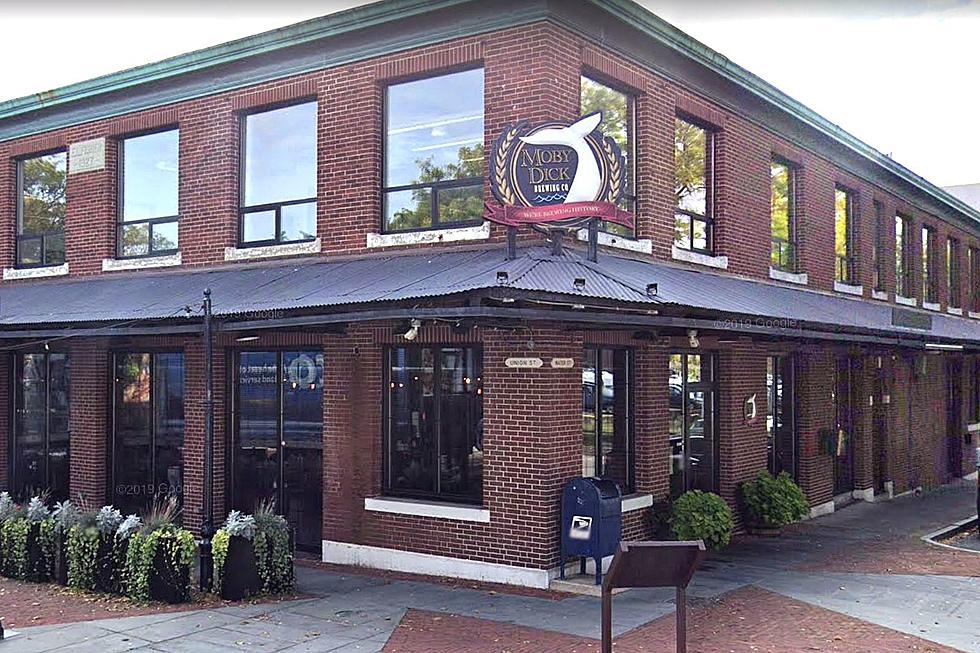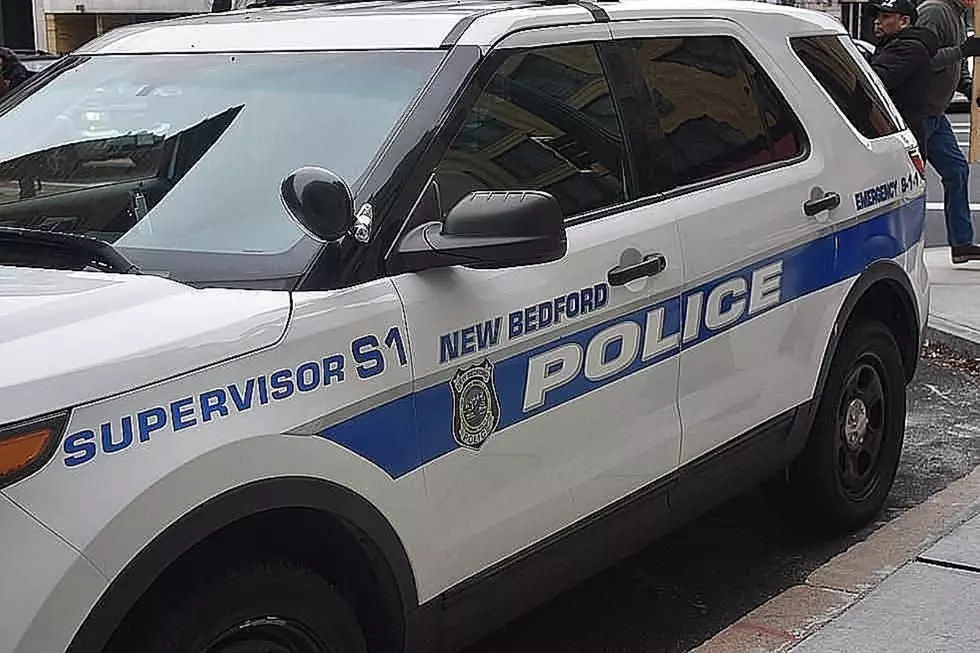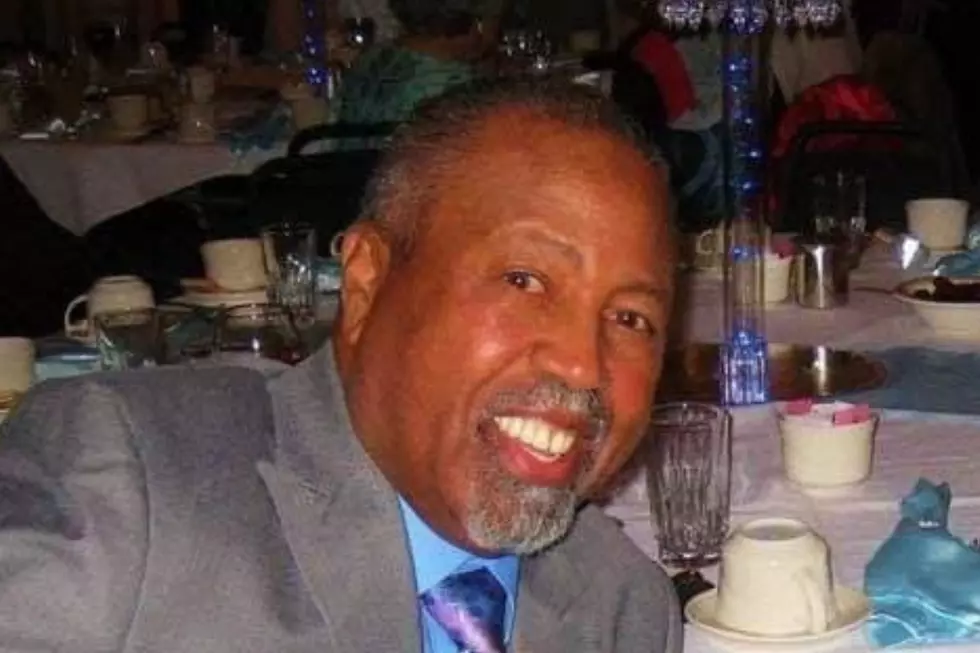
Massachusetts Brew Pub Owners Seek More Flexibility to Move Product
After craft brewers in Massachusetts scored a major victory in January when the Legislature finally gave them more freedom to decide who distributes their product, brew pub owners are back asking Beacon Hill for a little more flexibility to fulfill small orders for their beers without the help of a middle man.
David Slutz, the co-founder of the Moby Dick Brewing Company in New Bedford, said he has no interest in hauling his beer all over the state.
What he would like to do, however, is sell a keg or two to the local restaurant without having to go through a distributor.
"What we're looking to do is simply service my local customers, most of which are tiny little companies, including Portuguese restaurants that have three taps. They may buy a keg a week," Slutz said.

Slutz was among the brewers and brew pub owners testifying Monday before the Joint Committee on Consumer Protection and Professional Licensure in support of Rep. Jonathan Zlotnik's bill (H 475) that would allow pub breweries to directly sell up to 50,000 gallons of beers in kegs, casks, barrels or bottles to anyone licensed to sell alcohol.
The bill would extend to other states, territories and countries, and would also allow brew pubs to sell beer by the bottle to customers at their locations for consumption off site.
Slutz said the change in state law would also help him quickly respond to local customers who might run out of product on a weekend, without having to engage his distributor to simply deliver an extra keg.
"We're almost more of a nuisance than it's worth," said Slutz, whose brewery produced 492 barrels last year.
The Legislature last session helped settle a decade-long dispute between craft brewers and alcohol distributors by agreeing to a compromise hashed out between the two industry players to allow any qualified brewer that produces under 250,000 barrels of beer a year to terminate their relationship with their current distributor without having to show cause.
In exchange, the brewer would have to pay fair market value for the brand and buy back the wholesaler's inventory and promotional materials.
The compromise, according to the craft brewers, allowed them to take more control of their brands if they were unhappy with how it was being marketed, instead of being locked into a relationship with a wholesaler.
Caleb Haliadis, head brewer at Amherst Brewing, said the Zlotnik bill wouldn't negate the need to work with distributors, but would give businesses like his more flexibility and the ability, for instance, to bring a couple of kegs to Boston for a beer event without paying the 30 percent fee and putting another truck on the road.
"For two kegs at an event, it's not environmentally conscious and it's inefficient for the distributor who likes to move product around with a full truck," Haliadis said.
Amherst Brewing opened in 1997 as a small pub brewery near the campus of the University of Massachusetts Amherst. It has since merged with a restaurant group and has six locations, all in western Massachusetts.
He said under current law he even needs to work with a wholesaler to move beer from one of its locations to another building the company owns.
"Sometimes I need to get a truck out here for a single keg," he said.
The Beer Distributors of Massachusetts could not be reached for comment Monday on Zlotnik's bill, but Sam Hendler, the president of the Brewers Guild, said it would give these small brewers "additional access to the marketplace and an easier time to conduct their business."
Hendler negotiated the franchise law reform with beer distributors, and said the Guild opposed other bills before the committee, including Rep. Michael Moran's bill (H 440), that would make additional changes to the brewer-distributor relationship.
Sen. Su Moran, who co-chairs the committee, asked how much money brew pubs might save by a change in the law.
Slutz said for his business it would probably mean about $30,000 a year, or 30 percent on $100,000 in sales.
"Is this going to kill me if it doesn't pass, no. It's just something we'd like to do," Slutz said.
— Matt Murphy, State House News Service
Seven SouthCoast Spots for a Cold One
New Bedford's First Annual Craft Beer Food Truck Festa Photos
More From WBSM-AM/AM 1420









